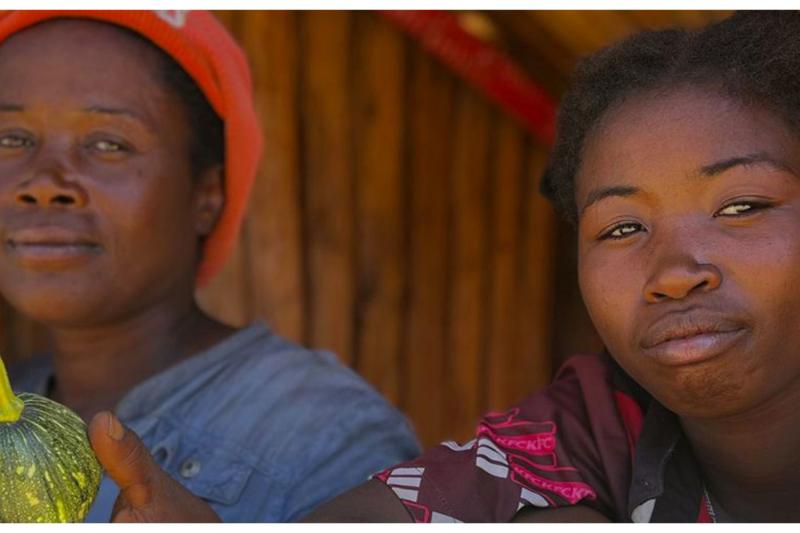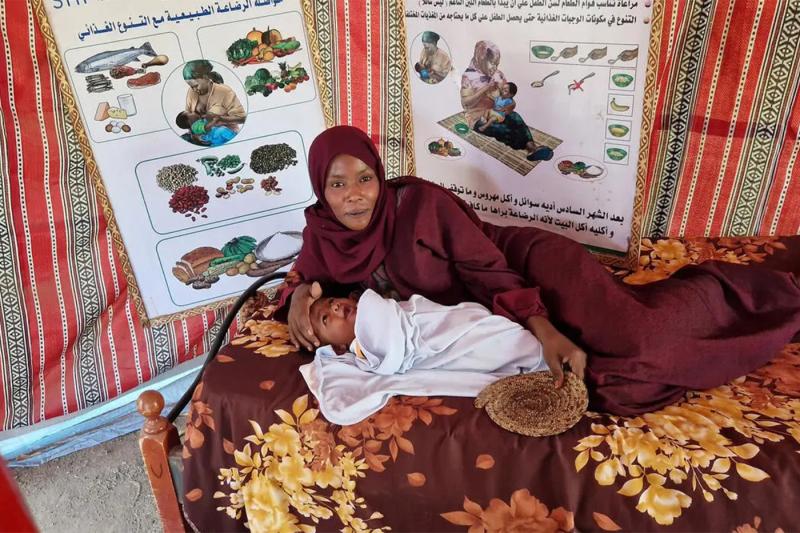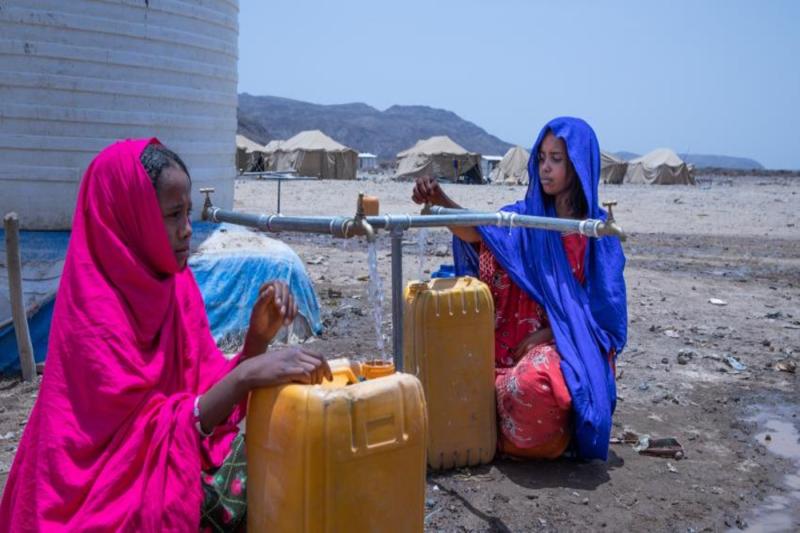
Pooled funds are an essential tool to reach the most vulnerable people, demonstrating their value, speed and flexibility in a challenging year
7 July 2021
In 2020, over 260 million people worldwide needed humanitarian assistance in an unprecedented year driven by conflict, climate change, and COVID-19. Global needs and funding requirements for UN-led humanitarian appeals amounted to more than $38 billion.
An online event today, co-hosted by OCHA and the Netherlands, launched the annual reports of the Central Emergency Response Fund and the Country-based Pooled Funds; where the Secretary-General, António Guterres, recognized the funds’ effectiveness in delivering frontline life-saving aid to the world’s most vulnerable people and reaching those furthest behind.

“Thanks to the generous support of donors, CERF helped to support 69 million people – more than twice as many as in 2019. The Country-Based Pooled Funds enabled partners to provide life-saving assistance to 36 million people – 30 per cent more than in 2019. Together, CERF and the CBPF demonstrated their effectiveness in delivering aid to the front lines and reaching those furthest behind.”
Against the extraordinary level of need, the OCHA-managed pooled funds collectively allocated a record-breaking $1.8 billion to United Nations agencies, international NGOs, and local organizations in 59 countries. This made 2020 the fourth consecutive year with record-high allocation levels and marked a 44 per cent increase in funding since 2017.
Speakers from Sudan, Republic of Korea, Ethiopia, Central African Republic and Myanmar explained how the Funds worked together to support people in need. The combination of CERF’s global scale and the CBPFs’ ability to bolster local humanitarian efforts enabled the pooled funds, for example, to collectively kickstart the global pandemic response with speed and agility, providing funds within days so that aid agencies could immediately start implementing projects.
Panellists and participants highlighted examples of the way in which Funds have helped the humanitarian community make headway in critical yet underfunded areas, and advance innovations like anticipatory action ahead of crises. The pooled funds supported for example, inclusive dignity kits for flood-affected communities in Bangladesh; accessible water and sanitation facilities in a Syrian refugee camp; quality maternal health care in war-affected Yemen; and protection support for vulnerable people worldwide.
The pooled funds’ success is a practical result of international solidarity and cooperation to help people in need. “CERF and the Pooled Funds continue to add value across the humanitarian system: every dollar spent not only saves lives but also improves the quality of humanitarian response,” noted Acting Under-Secretary-General for Humanitarian Affairs, Ramesh Rajasingham, underscoring the high level of trust from donors who contributed generous and sustained funding in a particularly volatile year.


